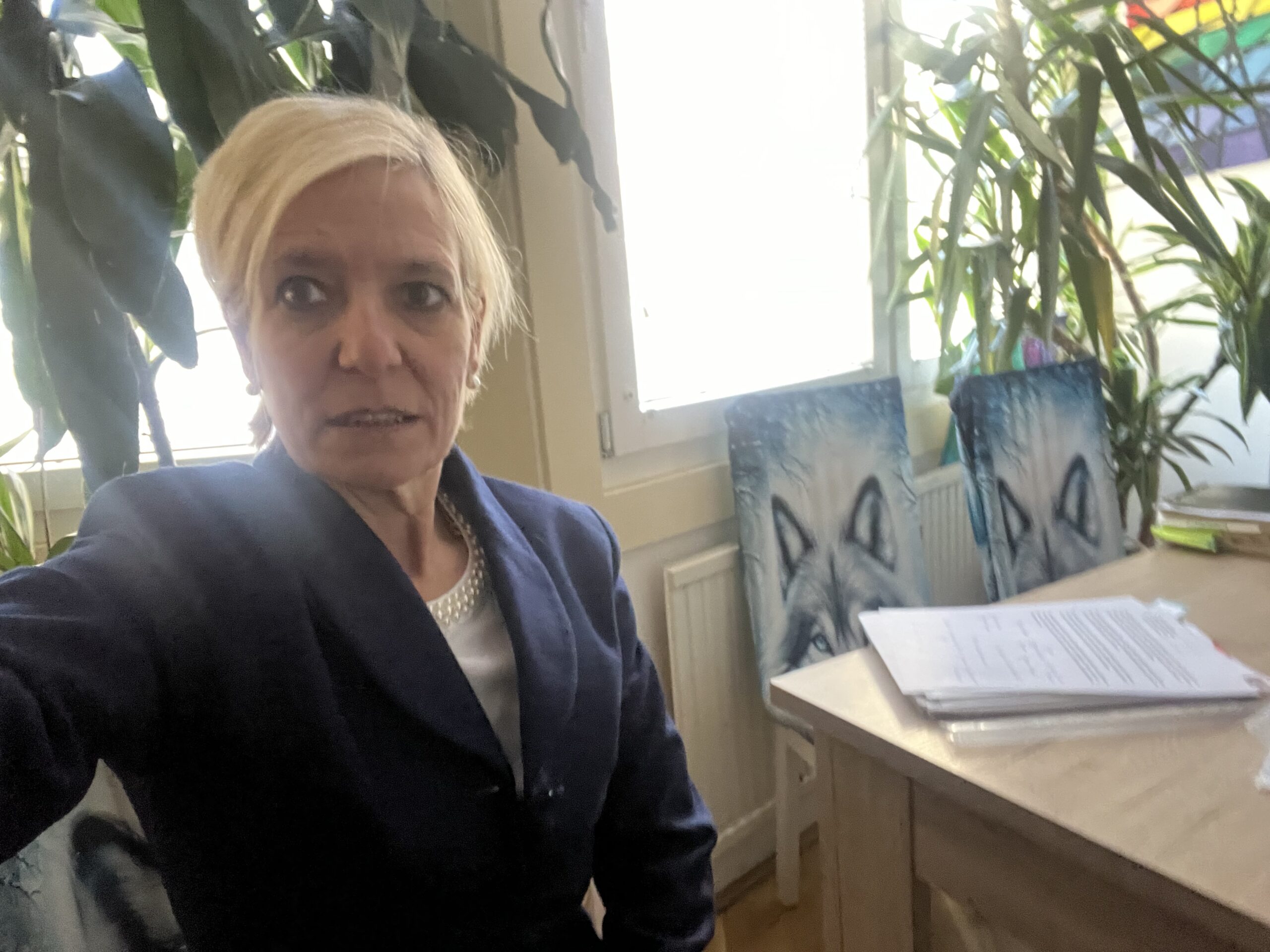
Karin Silvina Hiebaum – International Press
The Peronist candidate and current Minister of Economy obtains 44% of the votes and is second behind the right-wing Javier Milei, who borders on 56% of the support with 95% counted
Sergio Massa, during his speech tonight in Buenos Aires.
An exhausted Argentina has said no at the polls to the Peronist Sergio Massa. The candidate of Union for the Homeland, current Minister of Economy of a country in crisis, will not reach the Casa Rosada, an ambition that he pursues from youth and that he already tried to achieve in 2015. The candidate has come out to recognize the defeat at eight o’clock at night, before the dissemination of the official results. With 95% counted, Peronism obtained its worst defeat: Massa got 44% of the votes compared to the 56% achieved by the far-right Javier Milei, who will be the president of the Argentines from December 10. «We have proposed to the president-elect and the president of the Nation the responsibility of tomorrow to implement mechanisms of liaison and transition of democratic replacement,» Massa said from the campaign center, in the city of Buenos Aires, and has affirmed that for him he «finishes a stage» of his political life.
«I have contacted Javier Milei to congratulate him because he is the president that the majority elected for the next four years. The most important thing we have to leave to Argentines is the message that coexistence, dialogue and respect for peace in the face of so much violence and disqualification is the best path we can take,» he said from the stage, where he has been accompanied by his family and referents of Peronism, such as his running mate, Agustín Rossi, or the elected governor of the province of Buenos Aires, Axel Kicillof. Massa has also highlighted the functioning of the country’s «strong, solid and transparent» electoral system in the face of accusations of possible fraud promoted by Milei’s party, La Libertad Avanza, during the last days of the campaign.
Outside the campaign center, the hundreds of people who had waited since the afternoon for the results continued to harangue with hype and raising flags of trade union groups and social organizations. Shortly before the Peronist went out to recognize the defeat, some already expressed their concern. Maia Moreira, 38, had arrived around four in the afternoon from Lanús, on the outskirts of Buenos Aires. She was «very anxious» and that «was the place to wait» for the results, she said: «They may be.» «It’s the most important election since the return to democracy,» he said.
Massa didn’t have it easy. The current Minister of Economy has been managing the economy of a country that is not growing for more than a year, in which year-on-year inflation has exceeded 142%, where 40% of the inhabitants live in poverty and with minimum reserves. As the holder of the portfolio, he has had to renegotiate payments with the International Monetary Fund for a debt of 44 billion dollars taken by President Mauricio Macri (2015-2019). That’s why he was an unlikely candidate.
A 51-year-old lawyer, Massa has a political career of more than 30. He began militating in the liberal right of the Union of the Democratic Center (UCD). From there he jumped into Peronism and had the ability to adapt to the times. He was Menemista, then Duhaldista, Kirchnerist and anti-Kirchnerist. He founded his party, the Renovador Front, and ran in the 2015 presidential elections; he came third and re-aligned himself with Kirchnerism. With him as president, Peronism would have taken a turn towards the center-right. Now he will have to rearrange himself in the opposition.
«There were two ways. We choose the defense of the security system in the hands of the State, we choose to promote and defend public education and health as central values, we choose to defend the national industry, Argentine labor, our SMEs, workers with rights… Because it is the best way to build prosperity, upward social mobility and progress for our nation,» Massa said. Then he added: «The Argentines chose another path and from tomorrow the responsibility of giving certainties and transmitting guarantees about the political, social and economic functioning of Argentina is the responsibility of the new president, and we hope that he will do so.»
During the campaign, many wondered what the Peronist minister could do differently if he arrived at the Casa Rosada to save a plummeting economy. The August primaries left him in third place, in one of the worst elections of Peronism in recent years. In the first round he recovered, he added 9.5 million votes and came first with 37% of the support. This Sunday the defeat was devastating: it was 12 points away from its rival. The average of the latest surveys analyzed by EL PAÍS did not augur a clear victory.
The Peronist, however, had managed to excite part of the electorate. In part, the support he received from his own and others is explained by the candidate in front of him, an ultraliberal economist who has challenged many of the consensus built in 40 years of democracy, such as education and public health and the condemnation of state terrorism during the last dictatorship, recognized by justice. Massa promised a government of «national unity», a stronger and more transparent state and to be the guarantor of the values attacked by Milei.
«I still believe that Argentina needs state policy agreements,» he assured from the stage, where he was not accompanied by either of the two main figures of the ruling party: neither the president, Alberto Fernández, nor the vice president, Cristina Fernández de Kirchner, both facing each other for months and far from the campaign. «I tried to leave the best of myself in this campaign. I did it convinced because I love Argentina deeply. I love Argentina almost in the same way and with the same intensity with which I love my children,» he said. «Let the new generations come. We need thousands and thousands of young people to continue falling in love with the idea that this is a great country.» In Argentina, an unknown scenario opens up.





